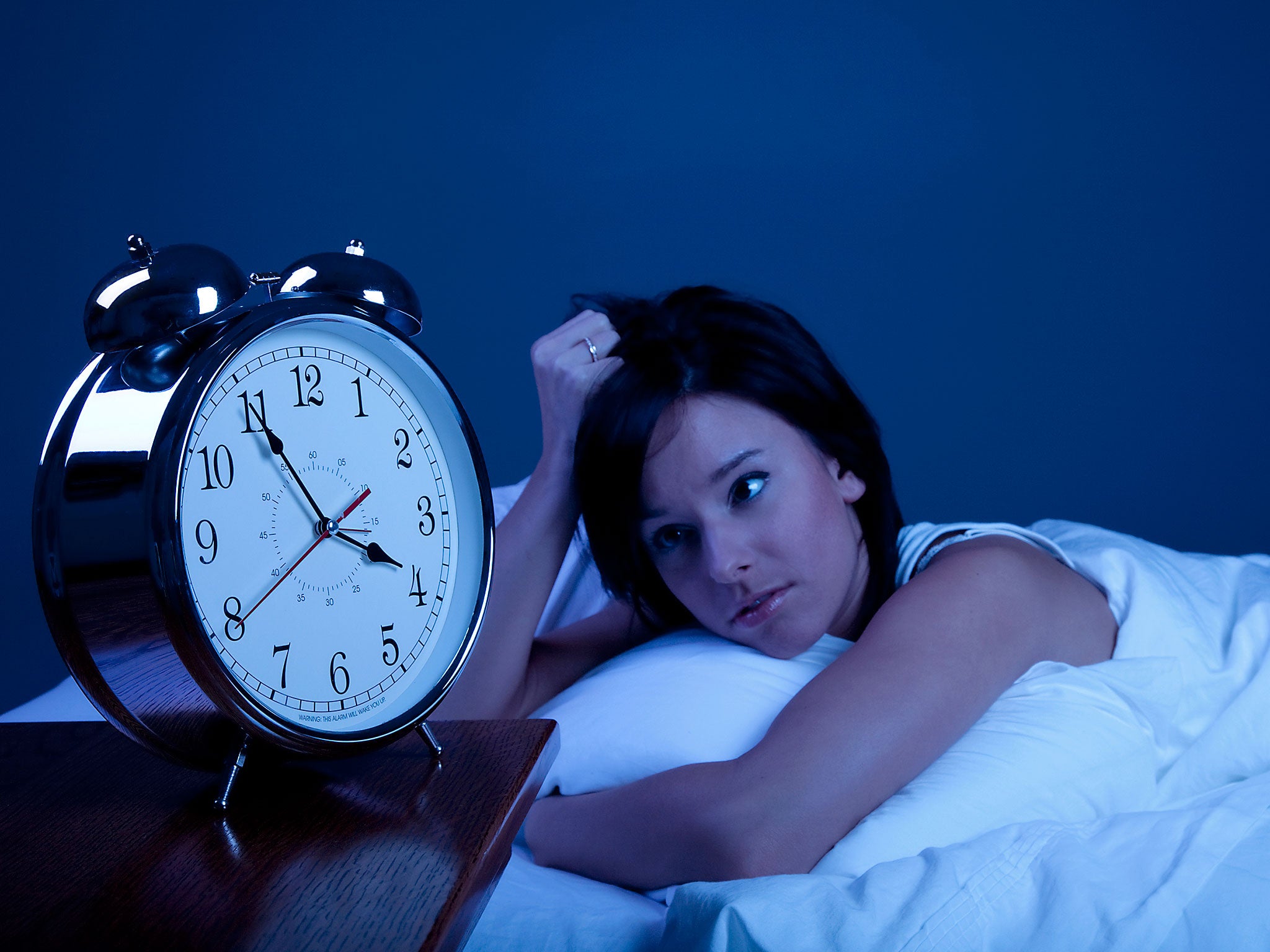The Independent's journalism is supported by our readers. When you purchase through links on our site, we may earn commission.
The three best habits for healthy, restful sleep, according to a sleep scientist

After a long, rough day, nothing sounds quite as appealing as crawling into a soft, warm, bed — and sleeping.
Yet for many of us, even when we've set aside the time for it, rest doesn't come easy.
Part of the problem has to do with light. In the evening, our crisply lit smartphones, tablets, and laptops keep our eyes and brains on high alert — making it tough to relax and potentially robbing us of the long and peaceful slumber we need to be productive during the day.
We recently talked to Keck Medicine of USC professor of clinical medicine and fellow of the American Academy of Sleep Medicine, Raj Dasgupta, to find out what the science says about the best way to get healthy, restful sleep.
Many sleep doctors, including Dasgupta, advocate trying out a practice they call "sleep hygiene." Sleep hygiene generally refers to broader set of healthy behaviors designed to prepare our bodies for a night of rest. Here are three of the biggest highlights:
1. Reserve your bed for sleeping
If you're tempted to crawl into bed with your laptop to punch out a few last work emails, don't, says Dasgupta.
For those of us who struggle with sleep, it can be helpful to set aside the bed as a place of rest. If we get used to doing work or other activities in or around bed, it could make it harder to fall asleep there.
This is where smartphones and tablets can become a problem, says Dasgupta. "When people can't sleep, what do they do? They pull out their phones and start scrolling. But that's in direct conflict with stimulus control, which says you reserve the bed for sleeping."
2. Clear away distractions
Another component of good sleep hygiene is preparing for sleep by decreasing our exposure to stimulating content, like TV, social media, and the news, as we get closer to bedtime. Some experts suggest avoiding devices for an hour before bed.
"When you're going to bed, you want to do things that are relaxing, like reading a book. You want to gradually transition into sleep; you don't want your mind to be stimulated," Dasgupta says.
3. If you can't sleep, get out of bed and do something else
Tossing and turning? The best solution might be the one you'd think of last — get out of bed.
"If you can't sleep, good sleep hygiene suggests that you get up, get out of bed, and do something else, something relaxing, like going and reading a book," says Dasgupta.
When we're struggling to sleep, trying to force our brains to shut down only causes the mind to work harder and get frustrated. If you're having a hard time powering down, then, try distracting yourself with an easy, relaxing task. You might be surprised to discover how quickly your eyelids start to feel heavy.
Read more:
• This chart is easy to interpret: It says we're screwed
• How Uber became the world's most valuable startup
• These 4 things could trigger the next crisis in Europe
Read the original article on Business Insider UK. © 2016. Follow Business Insider UK on Twitter.
Subscribe to Independent Premium to bookmark this article
Want to bookmark your favourite articles and stories to read or reference later? Start your Independent Premium subscription today.

Join our commenting forum
Join thought-provoking conversations, follow other Independent readers and see their replies